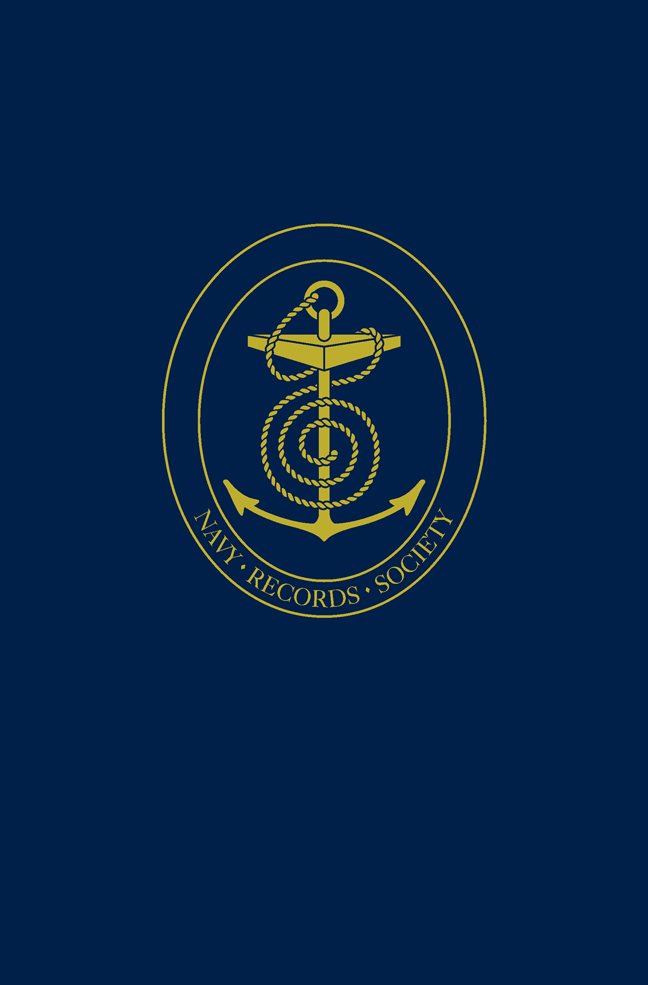3 - Accounts and Finance
Published online by Cambridge University Press: 05 March 2024
Summary
It is not always safe to date an administrative process, let alone an institution, from its earliest documentation. Records go missing, or their archival sequence can be lost through subsequent rearrangement. The Navy Treasurer's Declared Accounts to the Exchequer begin at Christmas 1546, seemingly in direct consequence of the restructuring of the naval administration earlier that year. Naval accounts do, of course, survive in profusion before this date, but the almost unbroken series running from Robert Legge's account for the year ending Christmas 1547 [I.80] might be taken as a new beginning. In fact, as the foot of this account shows, Legge had submitted an account for the previous year, but that is now lost. The 1546/7 roll has also become detached from its successors and so now has a random piece number, while the first item in the sequence is not really part of it.
All the accounts printed here, though expressed with some prolixity, are mathematically simple. However, they cannot be read as straightforward statements of receipt and expenditure; in common with the practice of the time, their purpose was rather for the accountant (here the Treasurer or Victualler) to demonstrate that he had discharged his own financial liability to his superior (here the Crown). Therefore any arrears from the previous account are added in on the charge side or recepta along with the actual sums received [as II.89]. Against this is set the discharge or expense, and if that exceeded the charge the account was said to be in surplus (superplus) [as I.81]. If on the other hand the discharge fell below the charge, he was said to be in debt [as I.87], because the difference represented the Crown's money still standing on his books. Making and copying the accounts was a lengthy process, so this was set in hand well before the terminal date, with the result that a ‘postscript’ or super had to be added, which might include additional charges. More often it deducted administrative expenses (such as the costs of writing the account itself and the audit) which whittled away the charge. Items might also be written off at this point. Sometimes the accountant achieved a perfect balance of charge and discharge, in which case he declared himself equalis or ‘quit’ [as I.80].
- Type
- Chapter
- Information
- The Navy of Edward VI and Mary I , pp. 129 - 272Publisher: Boydell & BrewerFirst published in: 2024



